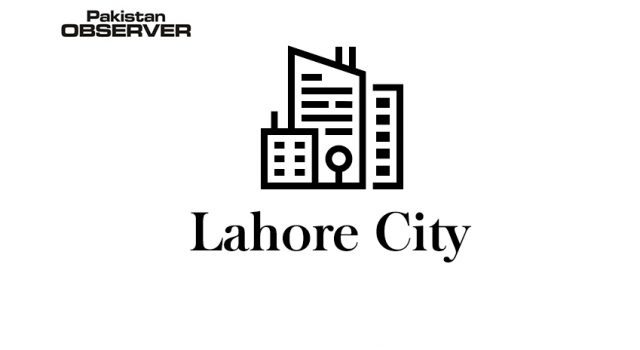Staff Reporter
A two-day 4th World Islamic Economics and Finance Conference (virtual) concluded at Minhaj University Lahore.
On the last day of the conference, Dr Hussain Mohiuddin Qadri, Deputy Chairman BOG-MUL while addressing the participants said that man is superior to other creatures in the universe only because of his knowledge and consciousness. We need to look at the current state of Islamic Finance Education and its future, considering the revival of Islamic Economics, Banking and Finance. He said that due to insufficient resources, the number of institutions providing Islamic finance education to the Muslim population is very small, which is a major challenge and serious problem. Talking about Islamic Finance Education, said that there is a lack of technical and modern technology in Shariah Education and Islamic Finance Education. However, efforts to promote Islamic Finance Education in remote areas of cities or villages are very limited. In this regard, the Islamic Finance Industry should play its active role by organizing workshops, seminars and educational programs at various levels. Continuing his speech, Dr Hussain Mohi-ud-Din Qadri said that in the current situation, another major problem facing the Islamic Finance Industry is the non-participation of women in the industries.
Dr. Muhammad Shahid Soroya, Pro, Vice-Chancellor while presenting the conference declaration that the declaration of the 4th World Islamic Economic and Finance Conference, Virtual, (2021) was a continuation of last year’s (2020 WIEFC) conference. The declaration emphasized that all Institutions including regulators, legislators, private, social and public sector organizations must cooperate individually and collectively to promote the Islamic Finance Education System.
The role of Zakat, Sadaqat and Waqf is considered to be very important in tackling poverty reduction, especially with Covid-19. These institutions have a role to play in advancing economically and socially important projects and programs to raise the living standards of the middle and lower classes. In the two-day “4th World Islamic, Economic and Finance Conference Virtual (2021)” in the United States, more than 3,000 participants from around 50 countries, including the United Kingdom, Malaysia, Qatar, Saudi Arabia and New Zealand, participated.










